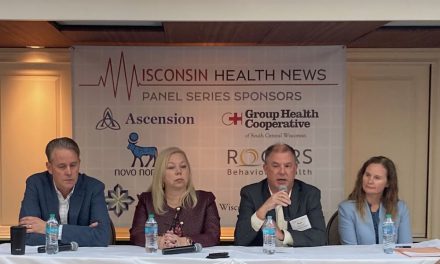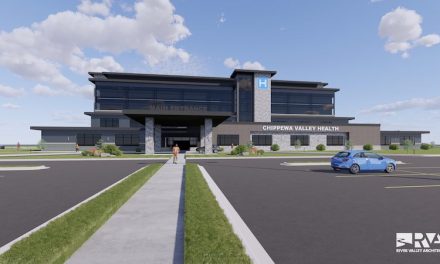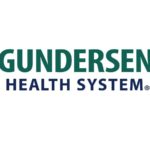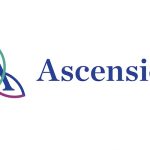
Assembly holds off on resolution to end mask mandate
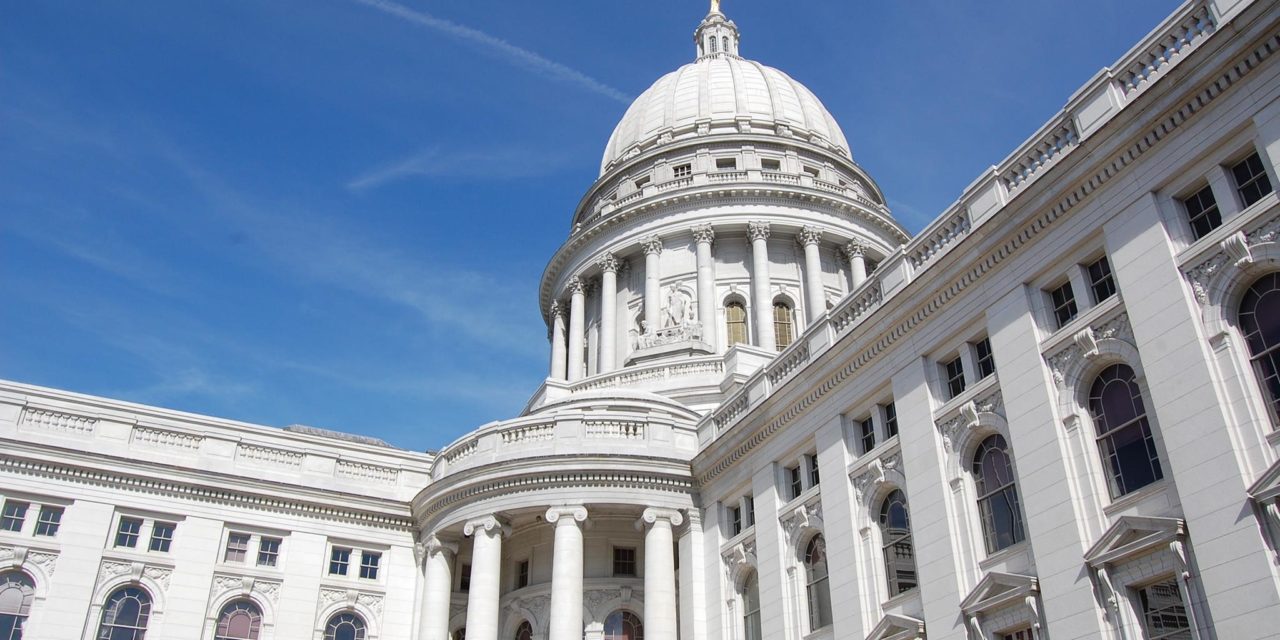
The Assembly on Thursday did not take up a resolution that would end Gov. Tony Evers’ public health emergency declaration and indoor mask mandate after concerns that repealing it would jeopardize federal funding.
“As we’ve gotten new information, we see that there are some questions that are raised about whether or not it would have a significant financial impact on the state of Wisconsin,” Assembly Speaker Robin Vos, R-Rochester, told reporters in a press conference carried by WisconsinEye.
Ending the declaration could jeopardize nearly $50 million per month in federal funding. In January, 242,507 Wisconsin families received $49.3 million in emergency allotment FoodShare benefits, per a memo from the Legislative Fiscal Bureau. A federal law enacted last year allows states to request COVID-19 emergency allotments to meet food needs when they have their own emergency or disaster declaration.
Vos said he thought an amendment to a COVID-19 relief bill approved by the Senate Thursday “probably fixes the issue, but I don’t know that for sure. And our job is to guarantee when we pass legislation that we know what the ramifications are.”
Vos said they will work with the Legislative Fiscal Bureau and “appropriate agencies” to ensure that they pass the resolution in a way that does not have any potential financial implications for the state.
“This is not about masks … but it is about the governor’s executive overreach,” Vos said.
More than 45 organizations have registered against the resolution ending the emergency declaration. Five healthcare associations representing hospitals and long-term care providers called mask wearing a “valuable method to decrease the likelihood of transmission of COVID-19” in a letter to lawmakers.
Vos said he backs mask wearing, but he called it a “social contract” that the government doesn’t have to “dictate.” He added that local governments can require masks and he doesn’t see it necessary for legislators to mandate it.
The Senate on Thursday approved an amendment to a COVID-19 relief bill that would allow Gov. Tony Evers to declare a public health emergency related to the pandemic to receive emergency funding or other allotments under current federal COVID-19 relief laws.
Amendment sponsor Sen. Steve Nass, R-Whitewater, said the amendment would ensure they continue to see that federal funding and any that “we’re receiving that we’re supposedly unaware of, although we have scoured the books.”
“We believe everything has been covered,” he said. “But just in cases it’s not, we can continue to receive those funds.”
The chamber accepted changes to the COVID-19 bill passed by the Assembly on party lines earlier this week. Those changes include blocking employers and health officials from requiring workers to get COVID-19 shots.
Other changes bar health officials from shutting down public gatherings at places of worship to control outbreaks of COVID-19, require the Joint Finance Committee to sign off on how Evers spends federal COVID-19 relief money and allow dentists to immunize patients for COVID-19 and flu.
Senate Democratic Leader Janet Bewley, D-Mason, ripped the modified bill, saying “we have no reason to believe this bill will see the light of day” given the prospect of a veto from Evers. The governor supported a Senate bill that passed the chamber with support from Democrats and Republicans.
“We had a deal,” Bewley said. “We snatched victory out of the jaws of defeat a while ago. And now, because of the actions of both the Assembly and this body, we now are faced with defeat.”
Nass said his amendment would preserve the federal funding heading into the state.
“If the governor were to veto this legislation, he would be the one killing $49 million,” Nass said.
The Senate’s amended bill now heads back to the Assembly.
The Assembly on Thursday approved a bill that would require the Department of Health Services to submit a plan for legislative approval that would open up COVID-19 vaccinations to the general public by mid-March.
And it approved a separate bill allowing pharmacy technicians to administer vaccines. The Senate hasn’t voted on either bill.
More than 83,000 Wisconsinites have completed their COVID-19 vaccination series.
As of Wednesday, vaccinators had administered 432,102 doses in the state, and 83,055 Wisconsinites had completed the series, per state data released Thursday.
DHS reported 1,802 new COVID-19 cases on Thursday, for a total of 538,348.
Twenty-four more deaths brought the state’s death toll to 5,811.
An additional 7,986 Wisconsinites were tested, for a total of 3,031,492.
DHS considers 20,488 cases to be active.
The seven-day average for daily new cases is 1,463, down 54 from Wednesday and 268 from a week ago.
The seven-day average for daily new deaths is 29, down three from Wednesday and 16 from a week ago.
As of Wednesday, the seven-day positivity rate by person was 19.3 percent, down 0.2 percentage points from Tuesday and 3.1 percentage points from a week ago.
The rate by test was 5.6 percent, down 0.2 percentage points from Tuesday and 1.4 percentage points from a week ago.
No patients were receiving care at the surge facility in West Allis on Thursday.
This article first appeared in the Wisconsin Health News daily email newsletter. Sign up for your free trial here.

